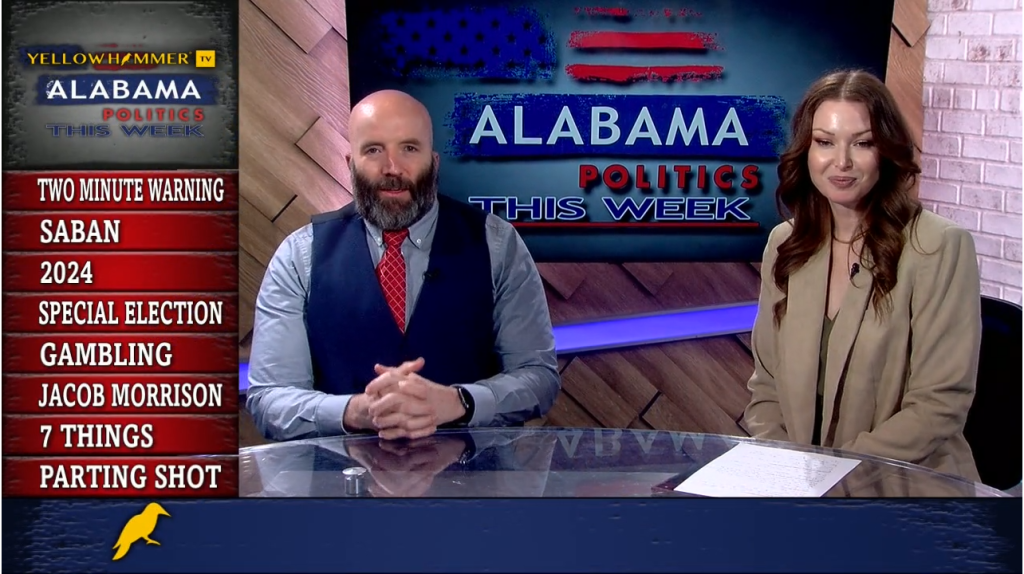The rhetoric is certainly ramping up approaching the presidential election. Many Americans think poorly of their fellow citizens on the opposite side of the political spectrum. A recent Heartland Institute and Rasmussen Reports poll provides more evidence, with the headline, “One-in-Five Democrats Want Donald Trump to be Permanently Imprisoned, Exiled, or Executed if Convicted over Election Fraud Claims.”
But there’s more. Almost four out of five Democrats think Trump should be banned from running for public office if found guilty. Almost half of Democrats want media members who alleged vote fraud to be “’banned from public speaking,’ receive prison time, or a combination of both.”
The attitude toward the media is shocking. Presidential pronouncements are inherently newsworthy. Today, many people favor silencing dissenting voices, presumably to suppress political opposition.
Public figures should, I believe, think long and hard before calling their fellow Americans stupid or evil. Can anybody truly accept those they regard as evil and stupid as equals as citizens? Or agree to be governed by evil idiots?
Painting Trump as an existential threat to democracy diminishes confidence in elections. If the ends justify the means in stopping Trump, do not be surprised when conservatives believe liberals stuffed ballot boxes to accomplish this. A coordinated effort to influence voting occurred in 2020, as Molly Ball documented for Time. Proponents described this as “fortifying” the election, but others could view it as rigging.
Perhaps this vitriol could be dismissed as cheap trash talk. Athletes and children on the playground use words with homicidal intent, saying things like they will “kill” the opposition. The admonitions of MSNBC hosts and guests may similarly be figurative. Today’s partisan news media rewards extreme words. Unserious rhetoric, however, could still be taken seriously by the audience.
Unprecedented actions also accompany the rhetoric. Two states have removed Donald Trump from the primary ballot, and he faces multiple criminal indictments. One can only wonder if the political left envisions disfranchising half of America.
Economists would say that half of the country accepting exclusion from elections is not an equilibrium. By this we mean that some people are not doing what is in their best interest given the actions of others. Red America will respond in some way to being forbidden to elect another president.
The rhetoric toward Trump may not foretell a dark future because liberals view him as uniquely despicable and intolerable. Liberals may suffer from Trump Derangement Syndrome, not an authoritarian will to power. I am not confident, however, that Donald Trump’s exit from politics will produce détente. Some Democrats seek to bar some House Republicans from standing for election.
Policy and not just personality I believe drives Trump Derangement Syndrome. And specifically, his populism, by which I mean rejection of rule by an elite. Laughter and derision sometimes make a point more effectively than big words, and I think elites realize the lethality of Trump’s insults to their project. Agreeing to be ruled by people like Elizabeth Warren is laughable, and Trump makes people understand the joke.
Other evidence points to populism as the issue. Reporting by Michael Shellenberger and Matt Taibbi links the emergence of the tangled web of government, business, foundations, and university centers they call the “Censorship Industrial Complex” to populism. Brexit and Trump’s election threatened rule by the educated, credentialed, managerial elite.
Things may not be as bleak as they appear though. Partisans often portray every election as existential to boost fundraising and turnout. Many polls find less division than hosts on MSNBC and Fox News would suggest.
But words matter. Future political operatives will have during their impressionable teen years had the presidential nominee of their party claim that an election was stolen from them. This will worsen partisan hostility. A country where citizens hate and detest each other seems destined to descend into political conflict and be unable to protect its interests against foreign foes.
America does not have remain one country. A national divorce or peaceful separation is possible and seems to me infinitely preferable to descent into civil war. Those who believe hateful things about the other party should be preparing for an end America’s political union.
Daniel Sutter is the Charles G. Koch Professor of Economics with the Manuel H. Johnson Center for Political Economy at Troy University and host of Econversations on TrojanVision. The opinions expressed in this column are the author’s and do not necessarily reflect the views of Troy University.











